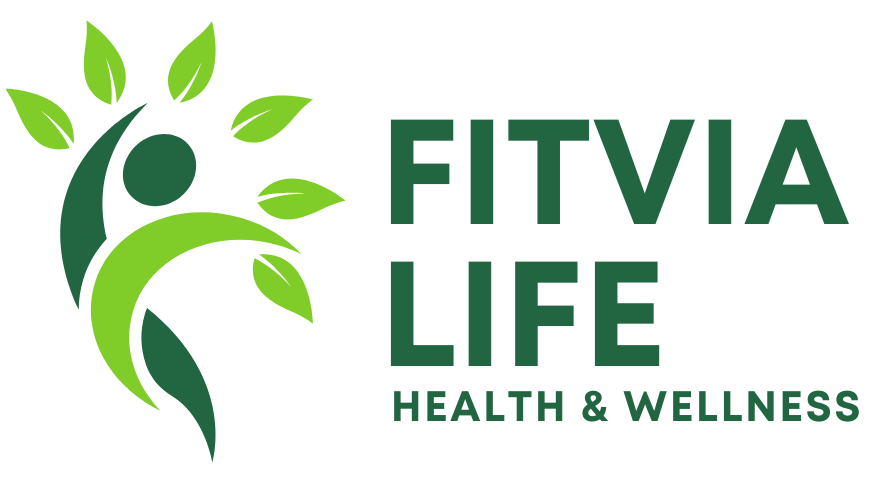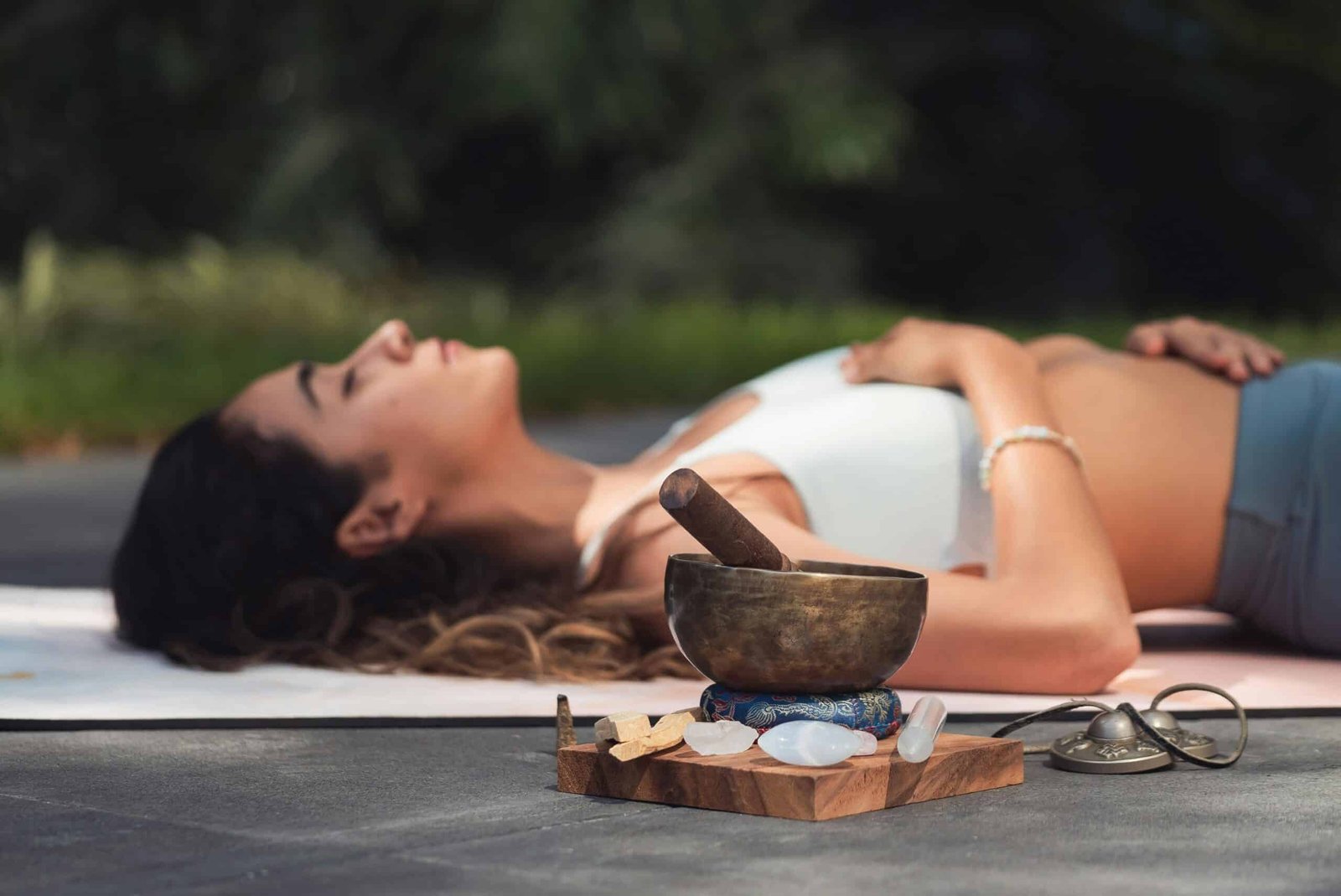In today’s fast-paced world, where distractions and stress dominate our routines, mindfulness practices have emerged as an essential tool for reclaiming inner peace and mental clarity. Rooted in ancient traditions and supported by modern science, mindfulness is more than just a wellness trend—it’s a life skill that rewires the brain, boosts emotional intelligence, and enhances well-being.
What Are Mindfulness Practices?
Mindfulness practices involve intentionally focusing your attention on the present moment without judgment. Whether through breath awareness, body scanning, or mindful walking, the goal is to observe thoughts and feelings without reacting impulsively.
Benefits of Mindfulness Practices
Practicing mindfulness regularly can significantly improve:
- Focus and concentration
- Stress resilience
- Sleep quality
- Emotional regulation
- Physical health markers like blood pressure and heart rate
According to studies from Harvard and UCLA, mindfulness can even increase gray matter density in areas of the brain responsible for memory and learning.
Daily Mindfulness Routines You Can Start Today
- Mindful Breathing – Set a timer for 5 minutes and focus solely on your breath. Inhale deeply, exhale slowly, and return attention to the breath whenever your mind wanders.
- Gratitude Journaling – Write down 3 things you’re grateful for each morning. This shifts your mindset and activates positive neural pathways.
- Mindful Eating – Eat slowly and without distractions. Notice the taste, texture, and aroma of each bite.
- Body Scan Meditation – Lie down and mentally scan your body from head to toe, observing sensations without reacting.
- Digital Detox – Spend one hour a day without screens. Use that time to read, stretch, or take a walk while being fully present.
The Science Behind Mindfulness Practices
What makes mindfulness practices so effective is their deep connection to the nervous system and brain chemistry. When we engage in present-moment awareness, we activate the parasympathetic nervous system—often called the “rest and digest” system. This response naturally lowers heart rate, reduces cortisol (the stress hormone), and promotes relaxation.
Scientific research from leading universities has shown that mindfulness meditation can lead to neuroplasticity, meaning the brain’s ability to rewire itself. People who practice mindfulness regularly have stronger connections in the prefrontal cortex—the area responsible for decision-making and emotional control. Over time, this leads to better choices, improved reactions to stress, and increased compassion for self and others.
Mindfulness for Every Lifestyle
The beauty of mindfulness is that it doesn’t require special equipment, expensive training, or hours of your day. Whether you’re a busy parent, a college student, a business owner, or a retiree, you can integrate mindfulness practices into your routine.
For example:
- While washing dishes, focus on the sound of the water and the feel of the soap.
- During your commute, try a 3-minute breathing exercise instead of scrolling through your phone.
- Before sleep, scan your day and reflect without judgment.
These micro-moments of mindfulness build mental strength over time and help you reconnect with what truly matters.
Mindfulness Is a Lifestyle, Not a Task
True mindfulness is not something you do—it’s something you live. It’s the way you listen when someone speaks, the way you savor a meal, or how you pause before reacting. Over time, mindfulness becomes your default state, helping you face challenges with resilience, navigate emotions with clarity, and cultivate joy from within.
The more you return to the present, the more powerfully you shape your future.
Final Thoughts
Mindfulness is not about perfection—it’s about presence.
By weaving simple mindfulness practices into your daily life, you’ll experience:
A deeper connection with yourself
Improved mental clarity
A calmer response to daily stress
Start with just one practice today.
Your mind, body, and soul will thank you.
Read More: 10 Morning Habits for Health That Will Transform Your Life


